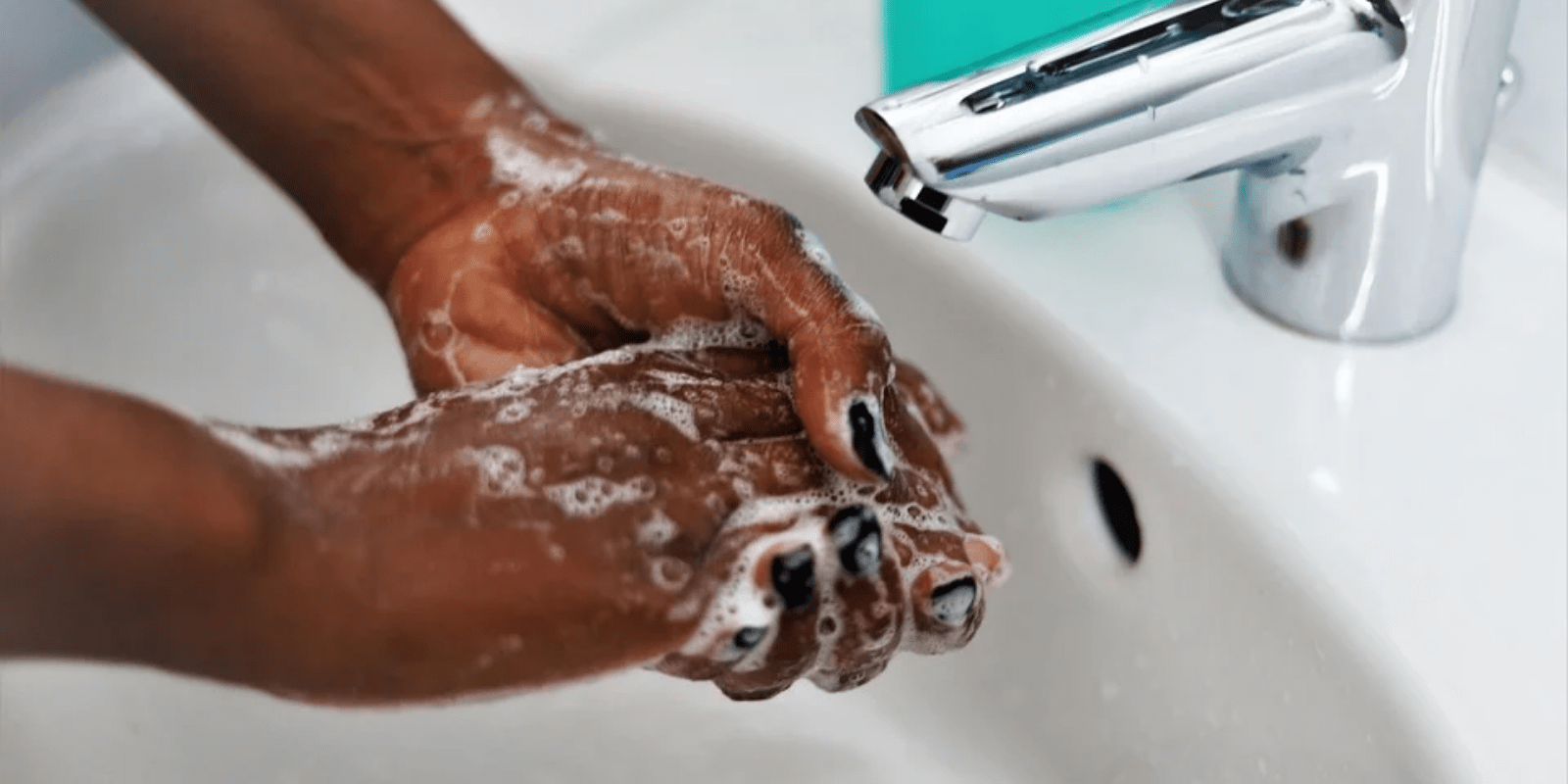We have much more to do and your continued support is needed now more than ever.
New Bill Helps to Provide Water Access During Pandemic

The National Wildlife Federation is a long-standing and active partner in the fight for clean water. From protecting vulnerable species from polluted waters to ensuring anglers are able to pass down outdoor traditions to their children, efforts to protect access to clean water have always been at the heart of the conservation ethic. As communities across the country work to stay safe during the COVID-19 pandemic, it’s more clear than ever that our fight for clean water must include ensuring that families in Michigan and across the country have access to affordable, clean water.
—
Members of Congress are taking action to curb an inexcusable and insidious problem: The lack of affordable water. Millions of people in the United States find their water bills unaffordable and have had their water shutoff, putting themselves and their families at risk. The problem is growing: A Michigan State University report estimates that more than 35 percent of U.S. residents will have trouble paying their water bills by 2022 if prices continue to increase as projected.
The newly introduced Emergency Water is a Human Right Act would provide much needed benefits during the coronavirus pandemic: It would ensure that as many people as possible have access to water in their homes.
The water shutoff crisis in America has always been a public health crisis. That it continues during a pandemic is doubly destructive. For many reasons, water has become increasingly unaffordable. When water systems shut off water to households who cannot pay those increasingly unaffordable bills, it creates a vicious cycle and leads to disease, family disruption, and foreclosures.
The Emergency Water is a Human Right Act, or HR 6552, has been introduced by U.S. Rep. Rashida Tlaib (D-Mich). It is one of many bills that provides federal assistance to state and local governments to address the consequences of the coronavirus. HR 6552 applies specifically to the coronavirus emergency period and does a number of things with regard to water access.
First, the bill would prohibit water systems from disconnecting residential water services during the emergency period. This helps to prevent an already terrible problem from getting worse.
Second, the bill would provide direct financial assistance to households who cannot afford their water. It does so through a $1.5 billion appropriation. Given the poor forecasts for state budgets due to the pandemic, now more than ever the federal government needs to provide assistance to state and local governments to ensure that households have the water they need for basic sanitation.
Third, the bill authorizes the use of the Low-Income Home Energy Assistance Program to help administer the appropriation and otherwise carry out the bill’s requirements. That program helps people pay their energy bills so that they can stay cool in the summer and warm in the winter.

HR 6552 is certainly necessary, but insufficient on its own. Local water systems should be returning water service to any household whose water service was terminated. They should do so voluntarily, but if need be, legislatures or governors should step in to require it. Also, local water systems need to make water actually affordable. Direct financial assistance helps, but history teaches that it takes a long time to deliver assistance and that assistance programs often do not reach enough of the population. The preferred solution has to be reducing water rates for low income households. The National Wildlife Federation recently co-authored a report explaining how water systems can adopt such rates in Michigan.
There is never a good reason to take away a family’s access to water. This bill would help families maintain water access during the coronavirus emergency.
More will need to be done to ensure water access after the emergency is over.





















